A Sherlock Holmes series that doesn't focus on Sherlock Holmes? Netflix's The Irregulars may be the latest adaptation of the famous super-sleuth created by Sir Arthur Conan Doyle, but in it he plays second fiddle to the Irregulars, a street gang of young adults with colorful pasts who have skills solving crime. Based on the Baker Street Irregulars, who featured in just a handful of Conan Doyle's stories, the group becomes Holmes and Watson's eyes and ears around a Victorian London bedeviled by supernatural situations.
Holmes is definitely an important character in the series, but he serves as part of its framework to allow the Irregulars to stand on their own. For some Holmes fans there won't be enough of the consulting detective, but for others, the Irregulars will be the vastly more fascinating protagonists.
10 Better: Stands On Its Own
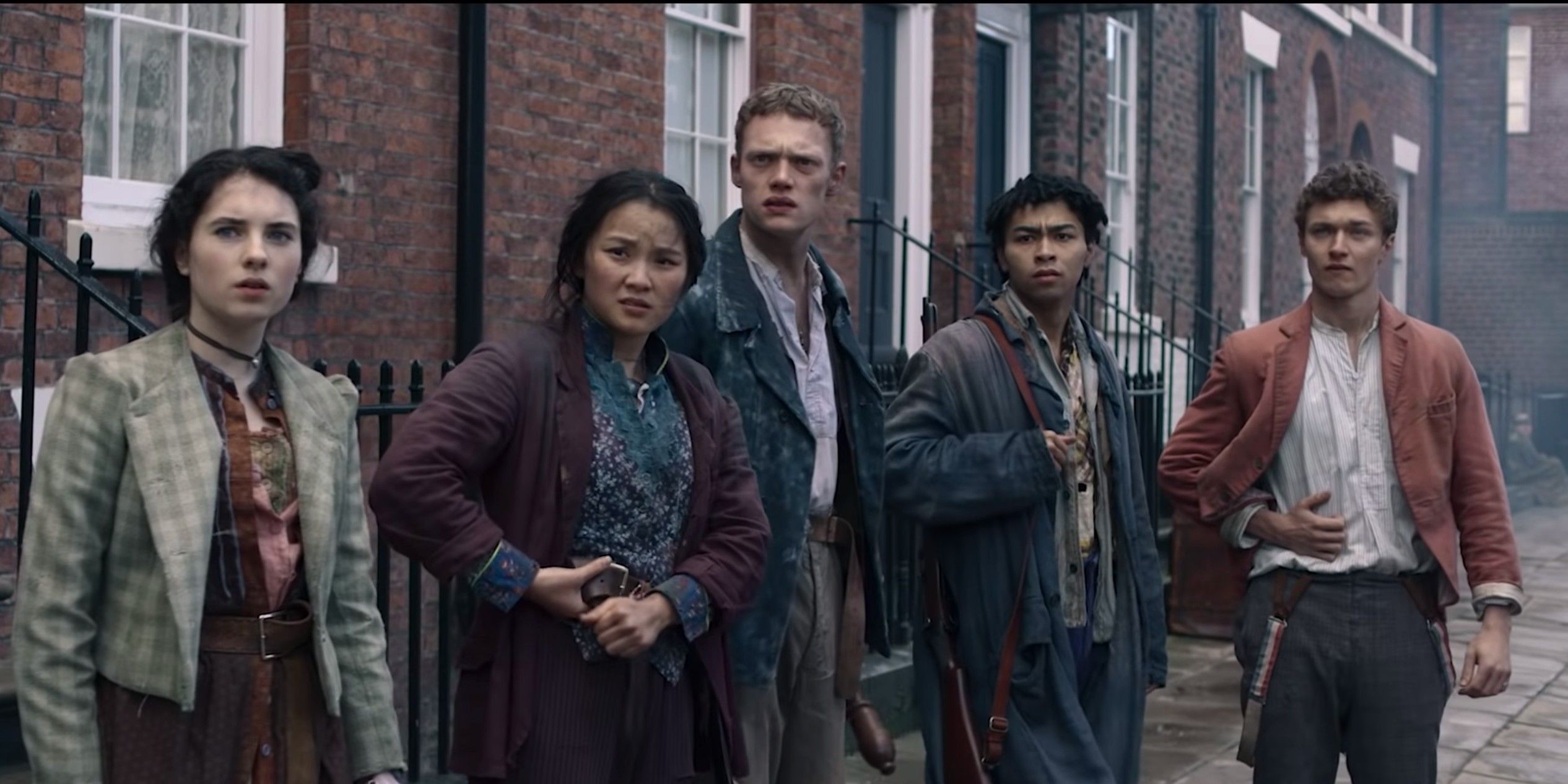
In the absence of the famous consulting detective, the series is able to stand apart from his narrative, its stories not eclipsed by the reputation of his own escapades. It can be known apart from everything to do with Holmes, from his scrimshaw pipe to his opium addiction.
By distancing itself from Holmes it can form its own identity, especially given that the Baker Street Irregulars don't feature in more than a handful of Holmes stories (two novels and one short story, to be exact).
9 Needs More: Too Confusing
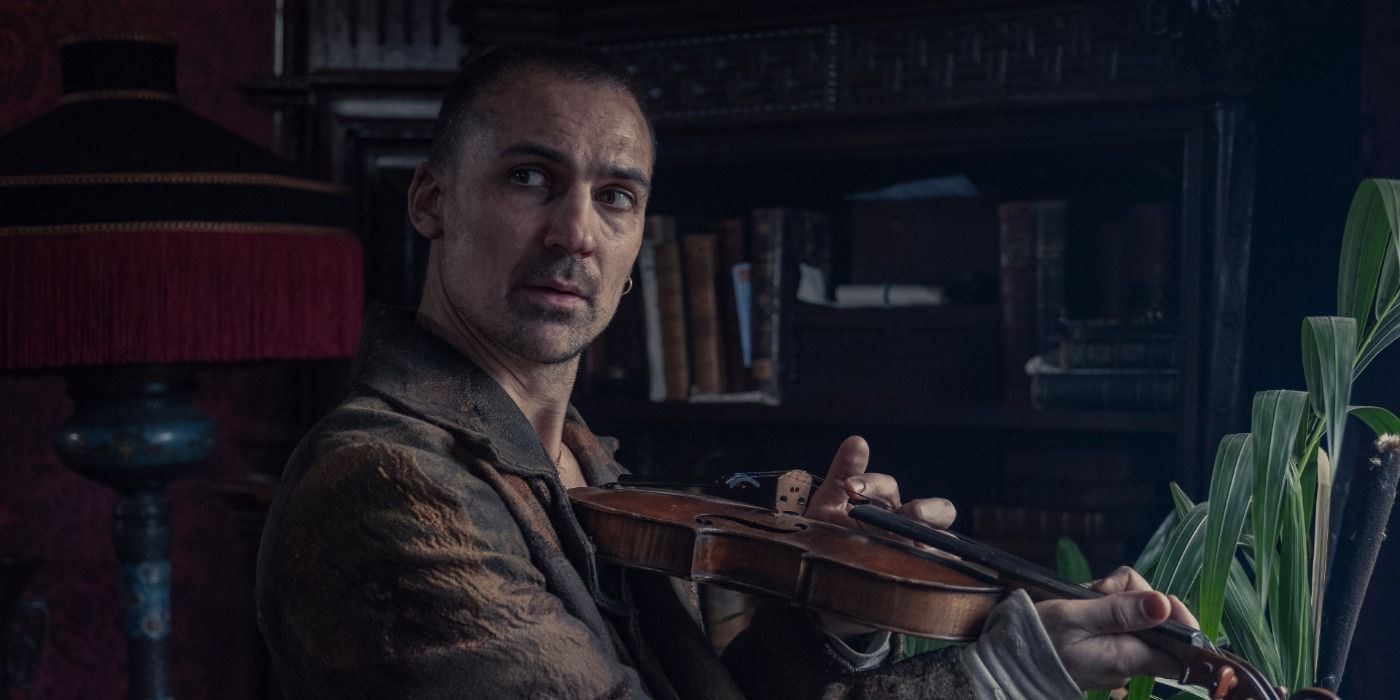
The Irregulars aren't professionally contracted by Holmes himself but his associate John Watson. In Sir Arthur Conan Doyle's novels, Holmes is world-famous, the stories Watson pens being widely circulated, so for Bea and the others to have no idea the significance of his name when mentioned by either Watson or Mycroft Holmes is extremely strange.
The gang first encounters Holmes when Spike sneaks into his room at 221B Baker Street and a drunken figure flops down on the bed he's hiding under. Longtime fans know it's Holmes because he immediately begins to play his violin, but casual fans are left simply confused. Since his character isn't a consulting detective anymore, his presence proves more often a burden to the gang than a help.
8 Better: More Creative Freedom And Perspective
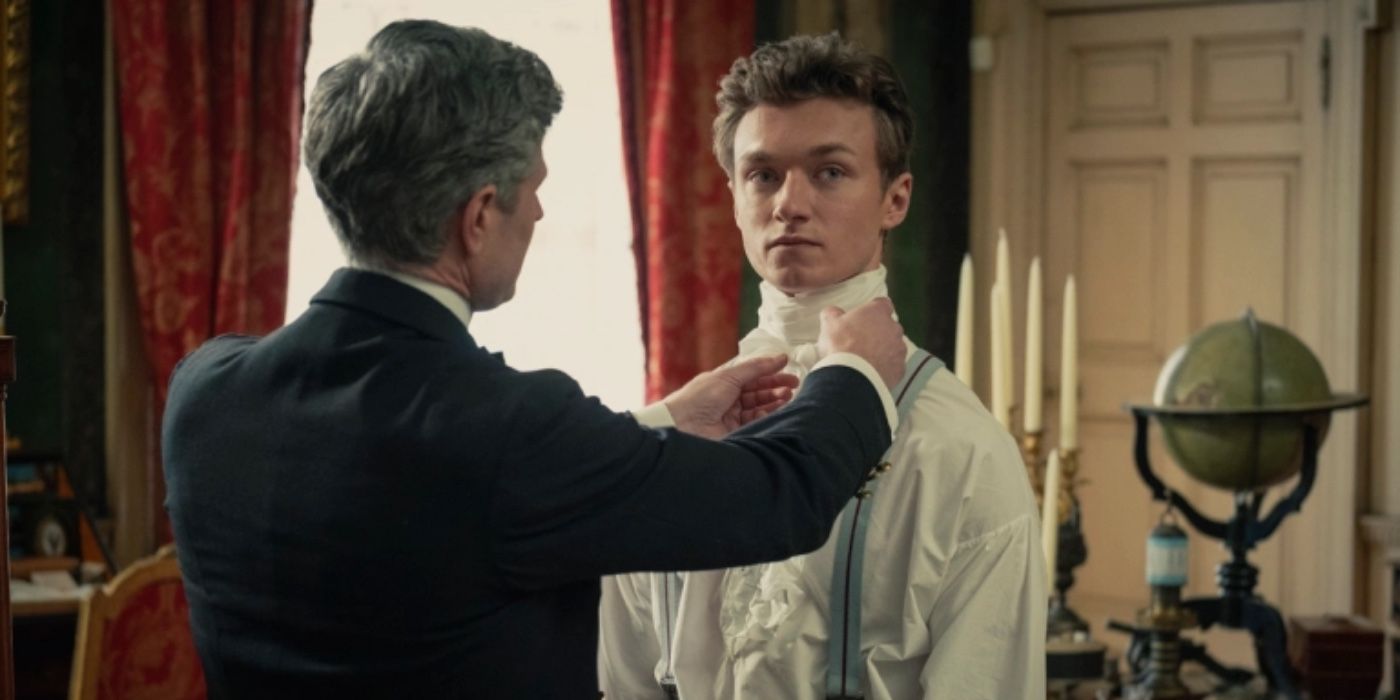
Holmes' adventures have been well-documented according to Sir Arthur Conan Doyle's fictional narrator and Holmes' biographer, John Watson. With The Irregulars choosing to base their cases on narratives apart from the structure of Watson's writings, they have more creative license to pursue stories that don't intersect with his. They can even, in the case of Leopold, interpret real historical figures in a creative way.
As an added bonus, they aren't confined to the environs of Holmes' socio-economic status. That is to say, the gentlemen's clubs, the parlors of the extremely wealthy, and wherever else a man of Holmes' means would frequent. Their perspective is as impoverished, resourceful people of the street, something Holmes knew very little about (unless he was undercover himself, but even then could only mimic).
7 Needs More: More Structure
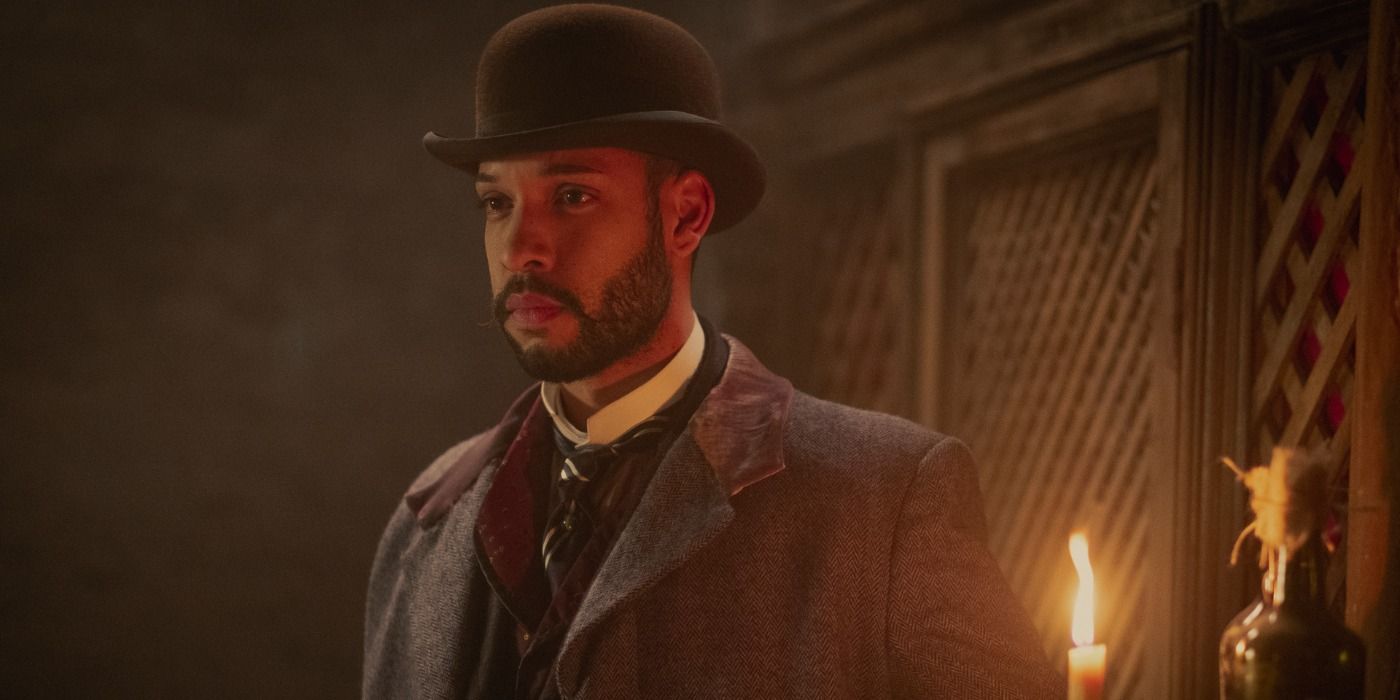
With a defining protagonist like Sherlock Holmes, cases take on a specific structure in accordance to the short stories presented by John Watson. He's approached by a client, he decides whether or not to take the case based on a combination of financial need and personal intellectual interest, then proceeds to solve it.
Without the mechanics of that dependable system, the series is a little chaotic, with it being somewhat unclear why the Irregulars are in any way important. Other than their clairvoyant member Jessica, none of them seem to be of particular use to their clients.
6 Better: More Room For Interesting Characters
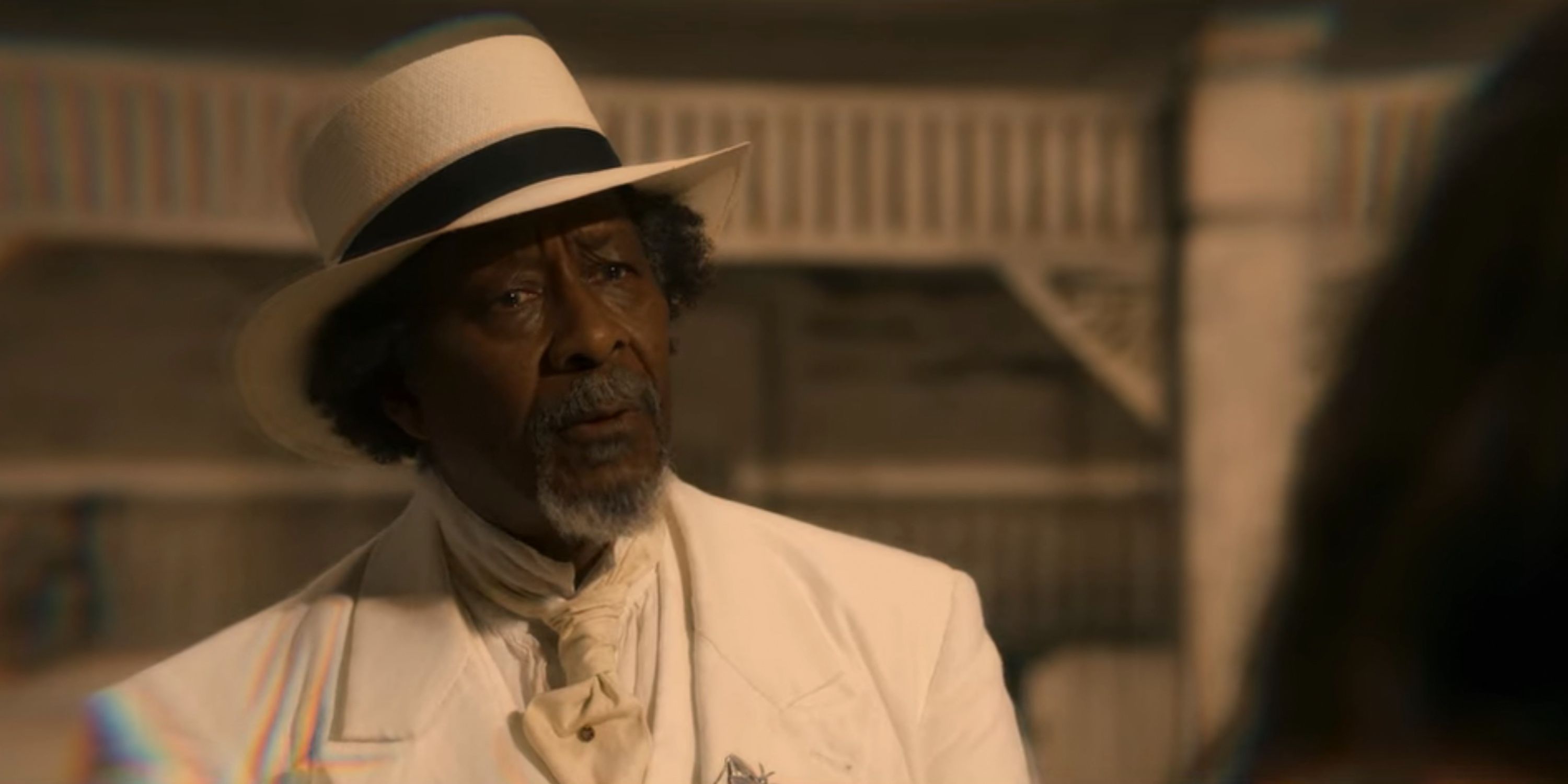
While a remarkable figure in his own right (not to mention the prevailing basis for many popular characters, including Doctor Gregory House of House), less of Holmes means more of the Irregulars, with their eccentricities and personalities being given full attention.
This also includes more time focused on his older brother Mycroft Holmes (who only features in a handful of the Holmes canon), John Watson, Mrs. Hudson, as well as supernatural figures like the Linen Man and entities drifting around Victorian London at the time.
5 Needs More: He's A Fascinating Protagonist
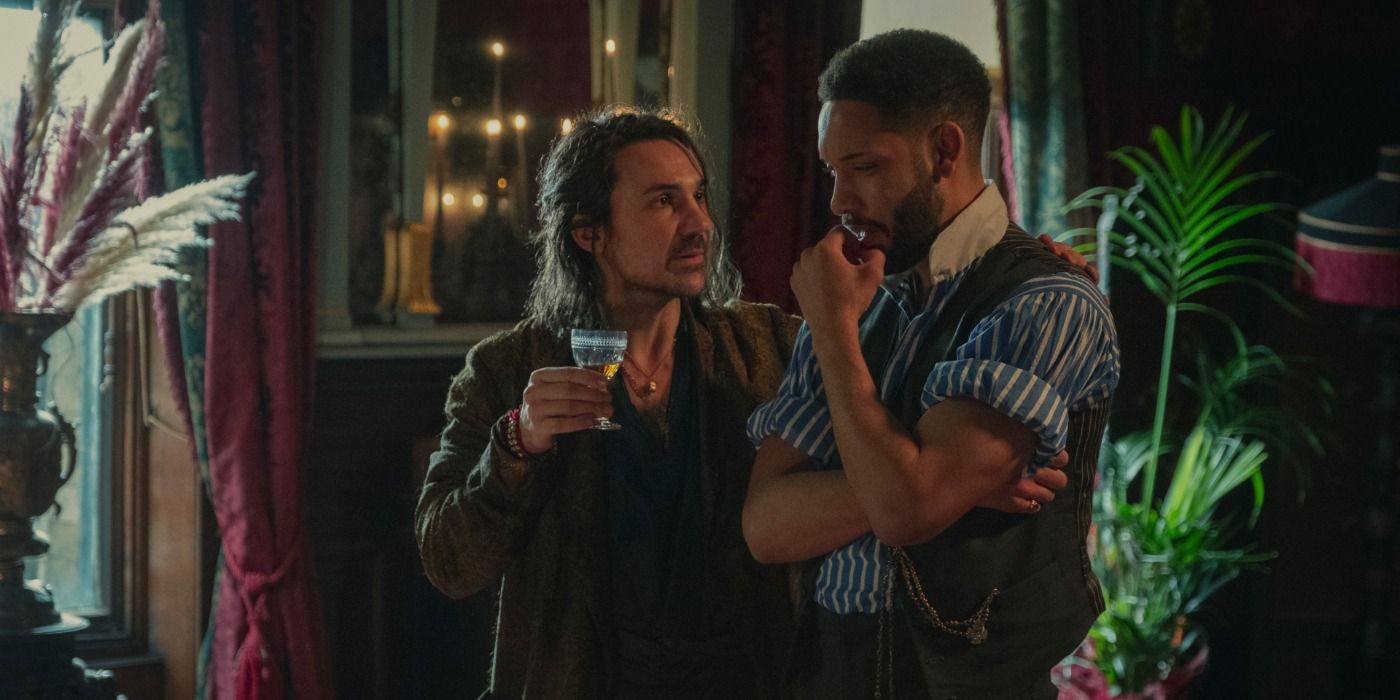
There's a reason that Sherlock Holmes stories have remained popular for more than 100 years and have never been out of print; he's a remarkable character and a fascinating protagonist. He's routinely selected as the most famous character in all of literature, and adventures have been translated into dozens of languages around the world.
While there have been two excellent series featuring the character (Sherlock and Elementary), they've both placed the world's greatest consulting detective in the modern era, whereas it's been decades since he's been allowed to flourish in the historical period in which he was written.
4 Better: He Has His Own Media
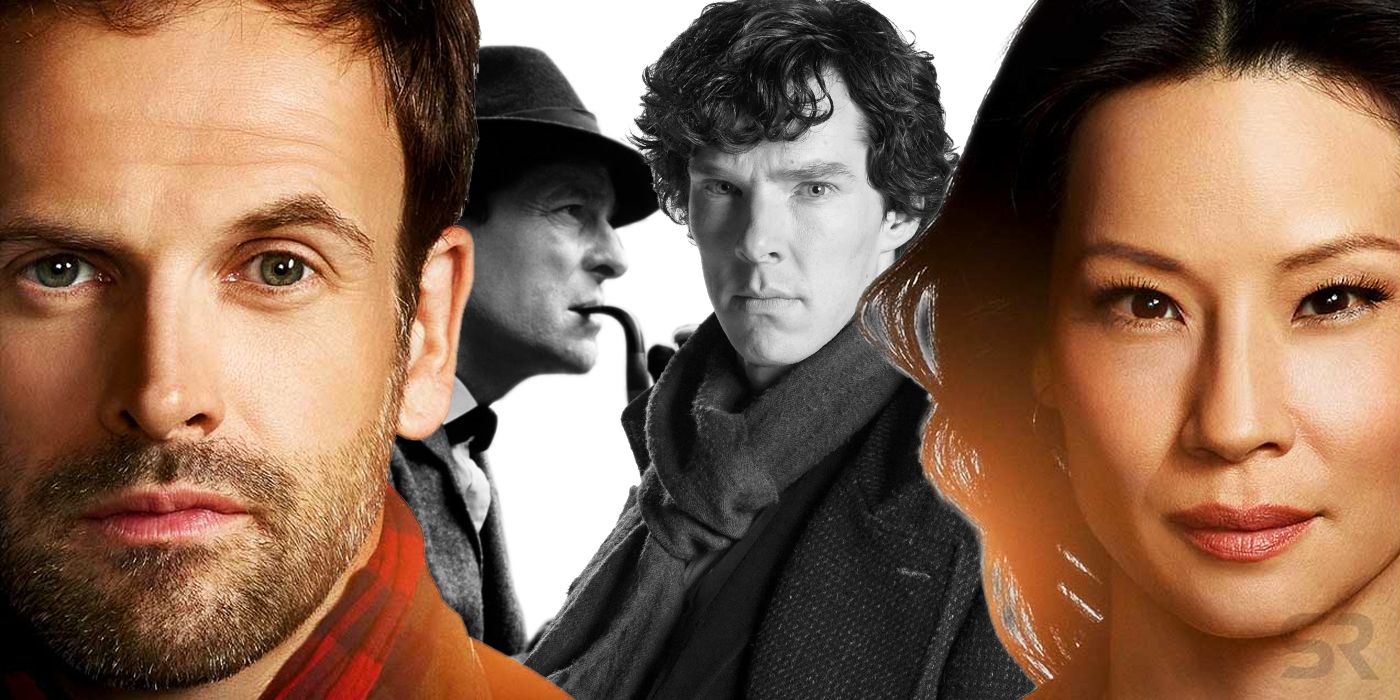
Given the popularity of Sherlock Holmes as a character, he's recently seen somewhat of a resurgence in the current zeitgeist. Aside from the successful Sherlock Holmes films starring Robert Downey Jr. as Sherlock Holmes and Jude Law as Dr. Watson, he's also appeared in series like Sherlock with Benedict Cumberbatch and Elementary with Jonny Lee Miller.
With a third movie starring Robert Downey Jr. currently in production, it's perhaps a better time to highlight the characters that dwell in Holmes' world, like the Irregulars. Holmes media will keep being made, but a series based on his Baker Street brood may only have this one chance to gain traction.
3 Needs More: Adds Legitimacy
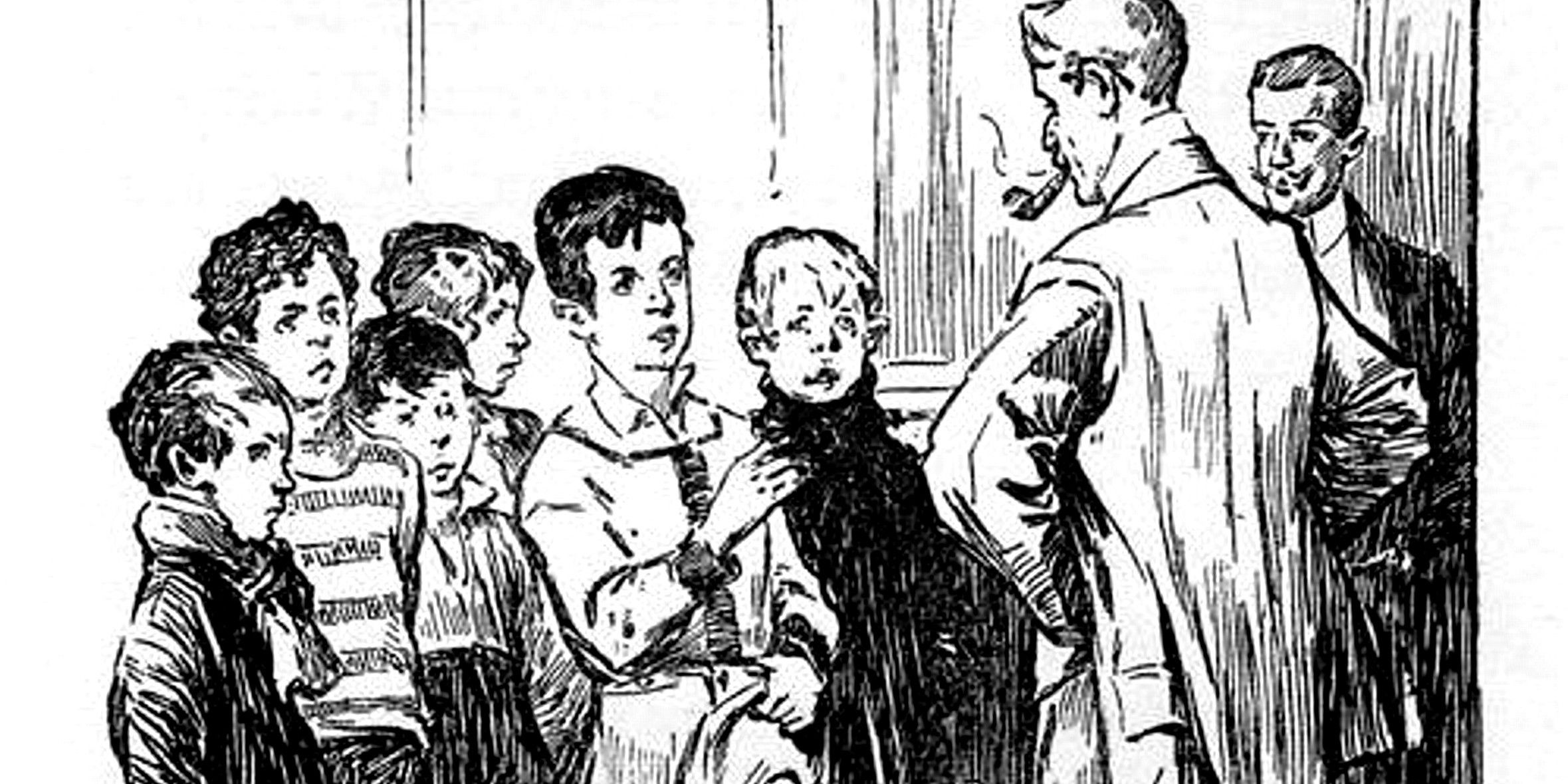
As the series struggles to find its footing, having a much-beloved literary character like Sherlock Holmes might help it find its footing. Much like Krypton without Superman, it may divide its fanbase if it doesn't keep finding ways to connect to its inspirational source material.
In other words, for The Irregulars to be taken seriously as a show, it may need -at least for the foreseeable future- more tie-ins to Holmes in order to gain a suitable foundation.
2 Better: More Diversity
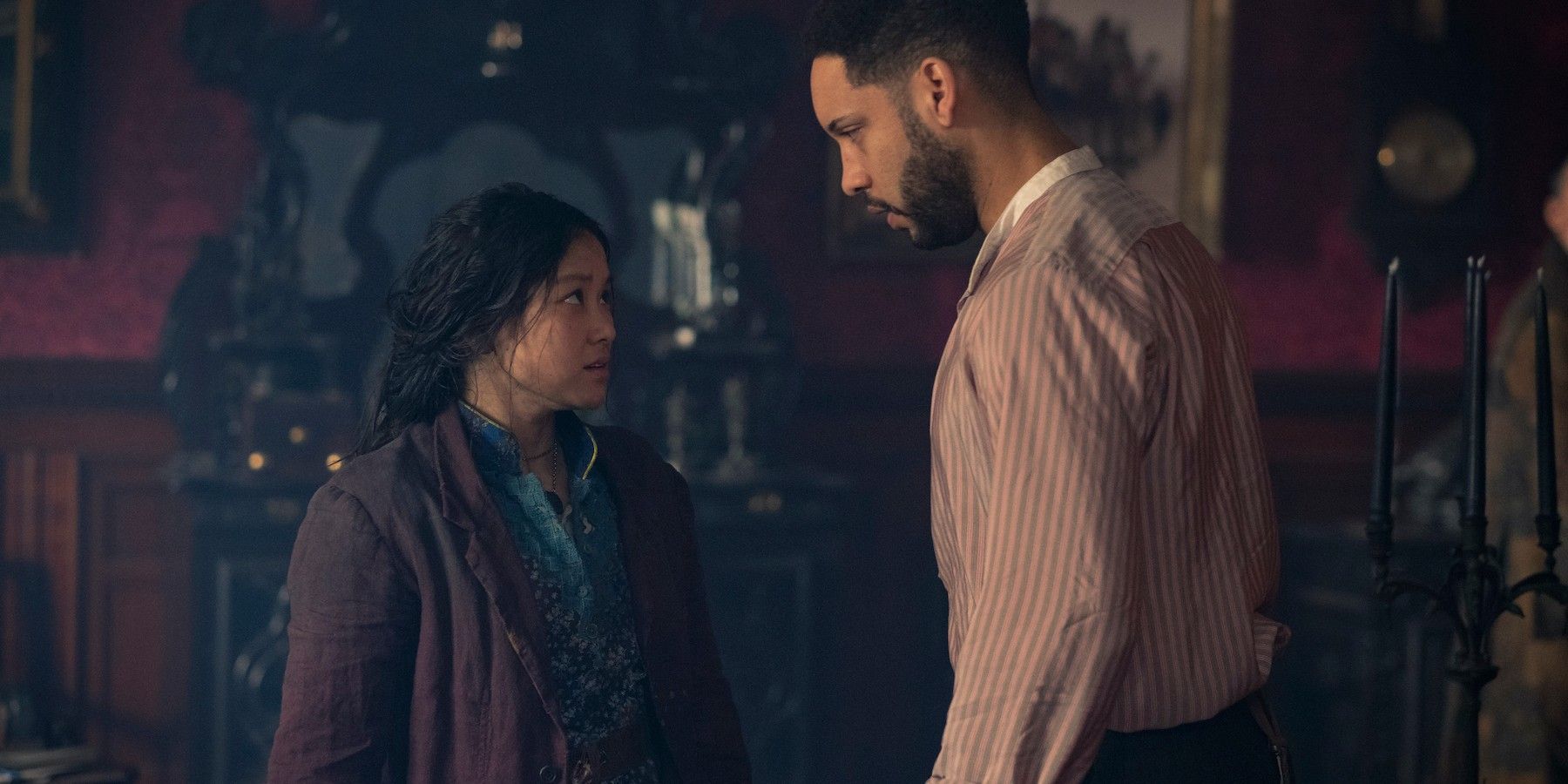
The television landscape may not need another white male protagonist with wealth, social standing, and superior powers of observation. Without Holmes, characters like Beatrice (played by Chinese-born Northern Irish actress Thaddea Graham) can have the spotlight as the leader of the group of crime fighters.
There are also more female characters in general than in a typical Holmes story, and they are of greater importance to the plot. John Watson has also been changed in significant ways, making Holmes seem less relevant by what he represents.
1 Needs More: Chance For Another Interpretation
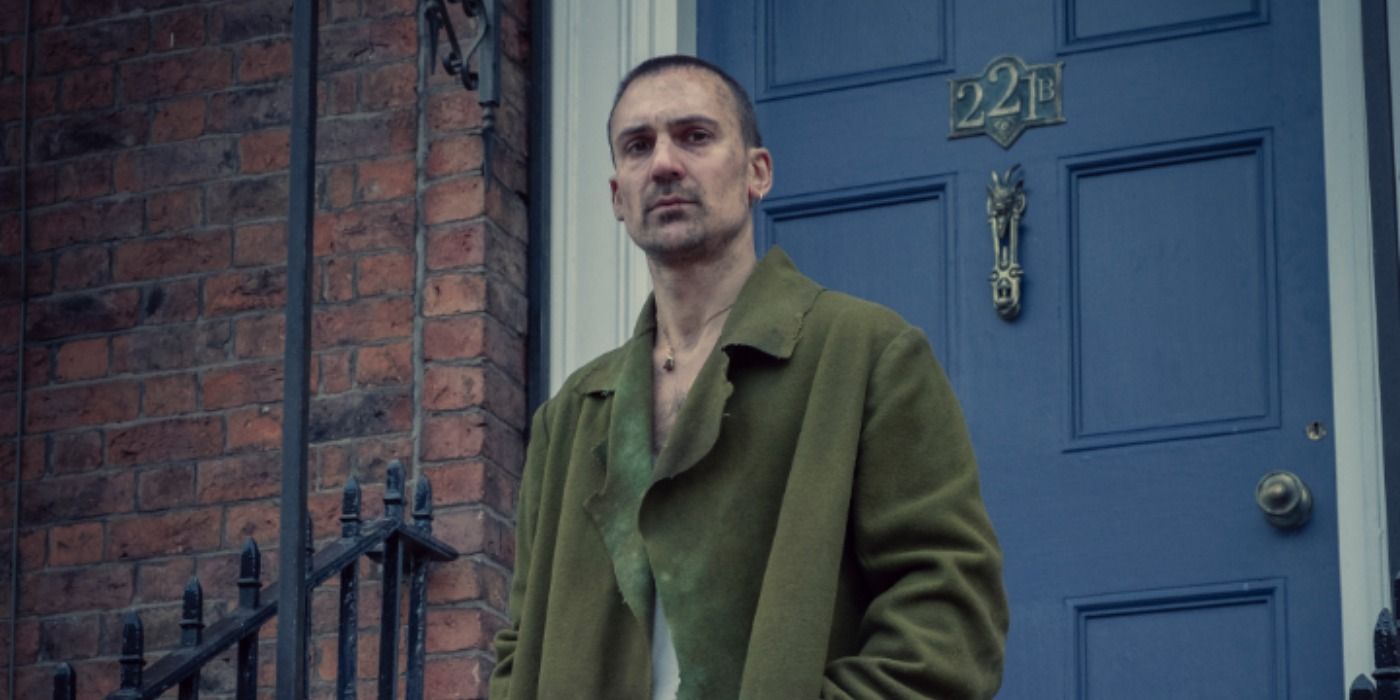
Given the recent success of Enola Holmes in which Henry Cavill unexpectedly portrayed Holmes as a soft-spoken and physically robust sleuth, there's been cause among fans to desire a different interpretation of the character in new media.
This Holmes is an occult-loving, top-knot-wearing, rakish Bohemian alongside a Watson that has much more in common with the traditional Holmes archetype. The Irregulars featuring more of Sherlock Holmes would allow for yet another unconventional depiction to be celebrated.
https://ift.tt/3cMBxuH
April 04, 2021 at 05:30AM




